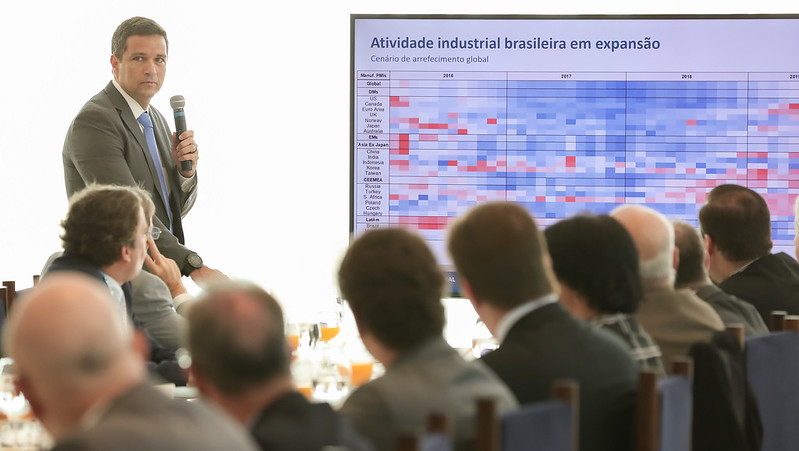Markets remain in the dark as to who will be the next economic tsar in Brazil under the incoming Luiz Inácio Lula da Silva administration, and as to how the economic team will be structured. Still, one thing is certain: at least until December 2024, the country’s Central Bank will be headed by Roberto Campos Neto.
In 2021, Brazil passed legislation giving formal autonomy to the Central Bank. The law establishes that the bank chairman and its nine board members will have four-year terms, with the possibility of a second term.
Their stints will not coincide with presidential terms, and will all end at staggered points to avoid having one administration controlling the entire board of directors. They can only be fired with cause and Senate approval.
It was a way of preventing the government from using monetary policy for political gains — and to the detriment of long-term effects on the economy. A recent example of this occurred in the Dilma Rousseff years, when the government strong-armed the bank into keeping interest rates low, which ultimately made inflation balloon.
But it creates a cohabitation between an administration whose first signals point to looser fiscal discipline and an orthodox central banker, under whose leadership the Central Bank indicated that it won’t hesitate to raise interest rates again if inflation and public spending are not tamed.
Mr. Campos Neto was named in 2021 to a four-year term set to expire in December 2024 — at the halfway point of Lula’s term as president. During a Wednesday event held by hedge fund BlackRock, Mr. Campos Neto said he will finish his term, but won’t accept a second nomination.
In a July interview, Lula praised the central banker as a “competent economist” and signaled that he did not intend to oppose the Central Bank’s autonomy.
“I don’t think that [possible] friction between a more orthodox Central Bank and a spendthrift government will create direct problems,”...


 Search
Search






































